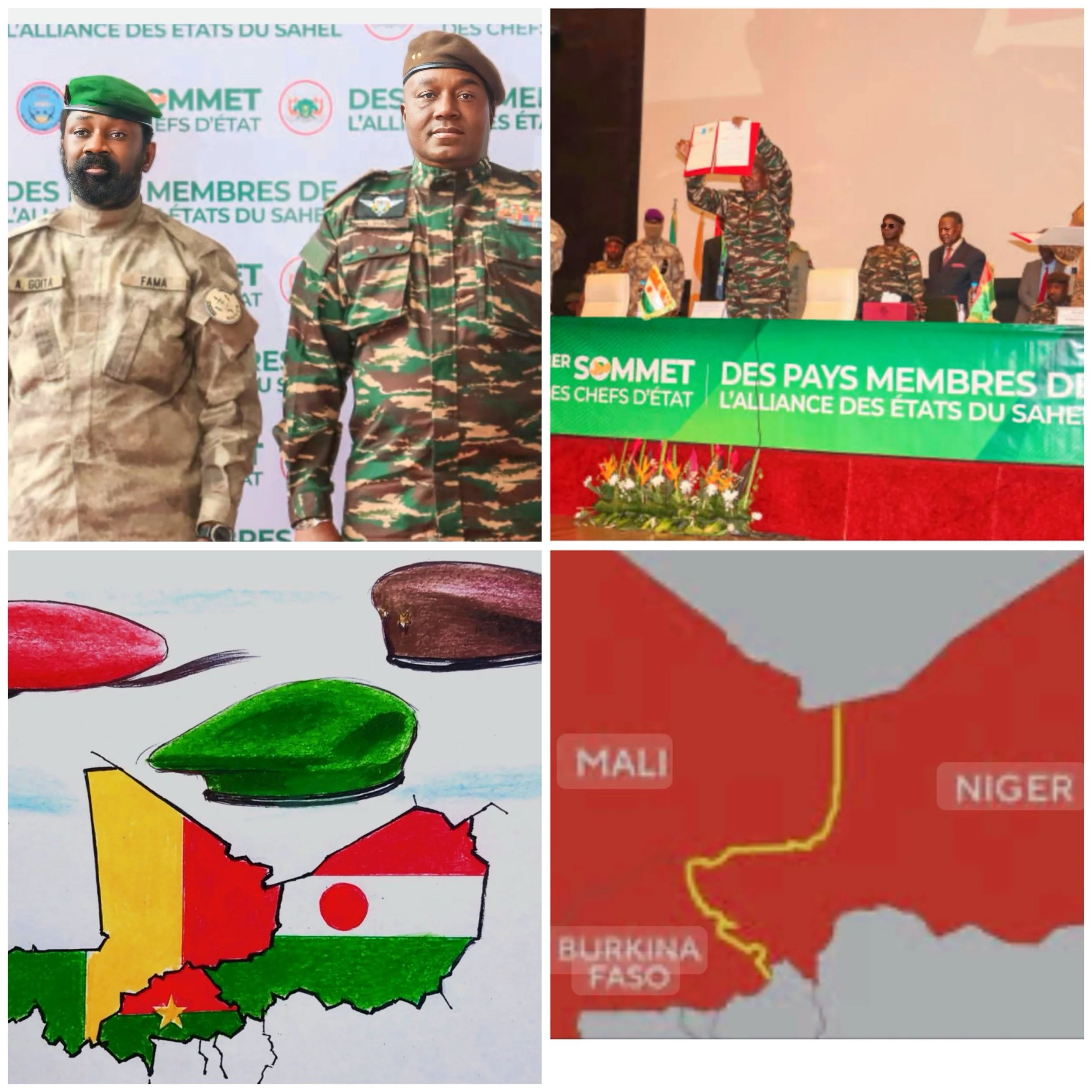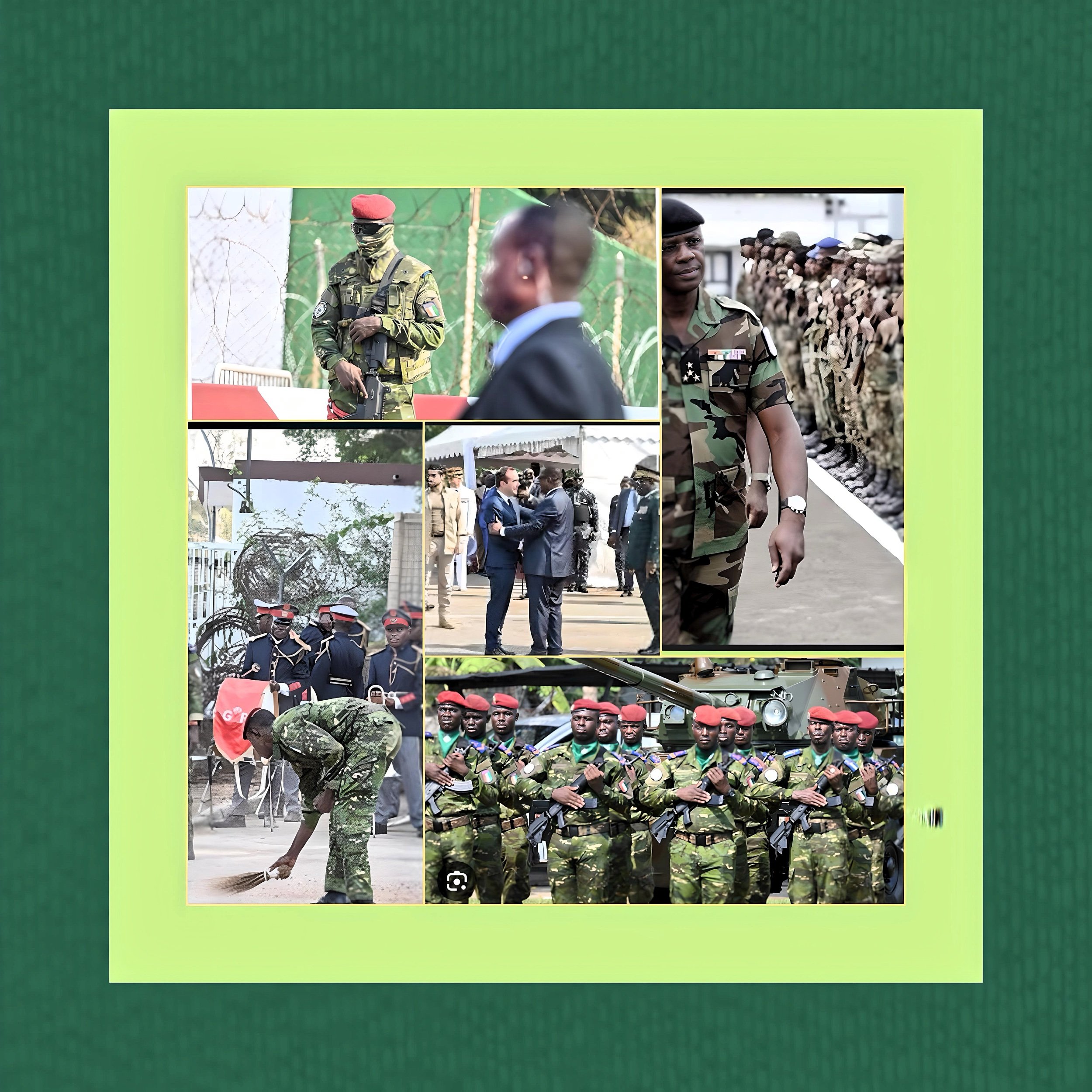What are key points about Sahel confederation?
Introduction
The Confederation of Sahel States, also known as the Alliance of Sahel States (AES), is a significant geopolitical development in West Africa. The Alliance of Sahel States (ASS) is a confederation formed between Mali, Niger, and Burkina Faso
Here are the key points about this confederation.
Formation and Membership
Established on July 6, 2024, by Mali, Niger, and Burkina Faso
Originated as a mutual defense pact created on September 16, 2023
Total population of about 72 million people
Goals and Objectives
Pooling resources to build energy and communications infrastructure
Establishing a common market and implementing a monetary union
Allowing free movement of persons between member states
Investing in agriculture, mines, and the energy sector
Combating terrorism and addressing security challenges collectively
Political Context
All three member states are currently under military rule following coups
The confederation marks their withdrawal from ECOWAS (Economic Community of West African States)
Represents a shift away from French influence and Western-backed governance models
Strategic Implications
Aims to reduce dependency on external powers and assert sovereignty
Potential for closer ties with Russia, Turkey, and Iran
Challenges existing regional power structures and ECOWAS influence
Economic and Development Plans
Creation of a joint investment bank and a television channel
Plans for a biometric passport system
Emphasis on industrialization and agricultural development
Challenges and Considerations
Balancing individual state interests with collective goals
Addressing root causes of regional instability such as poverty and corruption
International response and potential sanctions could affect the alliance’s trajectory
Conclusion
The Confederation of Sahel States represents a significant shift in West African geopolitics, aiming for greater autonomy and regional cooperation while facing considerable challenges in stability and development.






